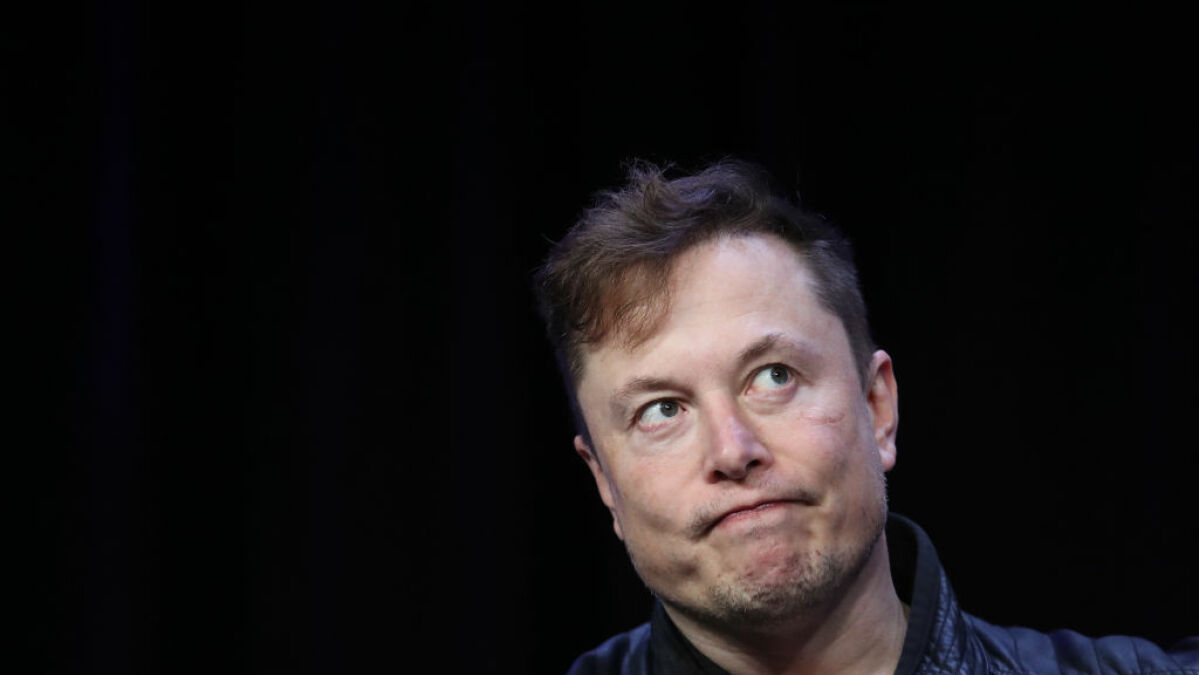On Oct. 31, multibillionaire Elon Musk tweeted, “If WFP can describe on this Twitter thread exactly how $6B will solve world hunger, I will sell Tesla stock right now and do it.”
Now, the U.N. World Food Program has called his bluff.
U.N. World Food Program executive director David Beasley did respond to Musk’s original tweet last month, clarifying that “$6B will not solve world hunger, but it WILL prevent geopolitical instability, mass migration and save 42 million people on the brink of starvation.” He also offered to meet with Musk in person to detail exactly how the money would be spent.
Unfortunately Musk doesn’t seem to have taken up the offer, focusing instead on a 2015 report of child sexual abuse by U.N. peacekeepers, and casting aspersions on the World Food Program’s spending. (Beasley noted that the World Food Program’s books are public, to which Musk did not respond. Mashable has reached out to Tesla for comment.)
However Beasley has not been deterred, tweeting out a link to the organization’s one-time appeal to billionaires on Monday.
“This hunger crisis is urgent, unprecedented, AND avoidable,” tweeted Beasley. “@elonmusk, you asked for a clear plan & open books. Here it is! We’re ready to talk with you — and anyone else — who is serious about saving lives. The ask is $6.6B to avert famine in 2022.”
Published on Nov. 3, the U.N. World Food Program’s plan allocates $3.5 billion for food and delivery, $2 billion for cash and food vouchers, $700 million to design and manage country-specific program, and $400 million for global management and accountability.
“The US$6.6 billion required would help those in most need in the following way: one meal a day, the basic needed to survive — costing US$0.43 per person per day, averaged out across the 43 countries,” the organization wrote. “This would feed 42 million people for one year, and avert the risk of famine.”
The largest allocation of funds would go to the Democratic Republic of the Congo, where 6.729 million people are classified as being in a humanitarian emergency under the Integrated Food Security Phase Classification. This means these people are facing extreme food shortages, acute malnutrition, excessively high levels of disease, and a rapidly increasing risk of hunger-related death.
The money would also feed 5.5 million similarly classified people in Afghanistan, 5.105 million in Yemen, 4.733 million in Ethiopia, and 19.961 million in 39 other countries. That’s 42.028 million people fed for an entire year.
“Global hunger continues to rise at an alarming rate: our latest estimates show that 282.7 million people across 80 countries are experiencing extreme levels of acute hunger,” wrote the U.N. World Food Program. “This represents an increase of around 110 percent compared to 2019 (when 135 million people in 58 countries were classified as acutely food insecure), explained by widespread conflicts, growing climate crises and the economic fallout of COVID- 19, disrupting the lives and livelihoods of millions around the world.”
Of course, Musk could weasel out by saying the money won’t technically “solve world hunger,” only avert global famine. He could say that the plan isn’t detailed enough for his liking, even though Beasley has offered to meet him and walk him through everything. And if Musk was feeling particularly evil, he could also point out that the plan wasn’t fully described on his Twitter thread.
But it’s very short-sighted and small to think that just because we can’t immediately solve all world hunger with one lump sum payment, it’s not worth doing anything at all. Last year, around 81 million people in the U.S. alone experienced food insecurity the week before Christmas. Last month, analysts at Morgan Stanley predicted that Musk could become the world’s first trillionaire.
